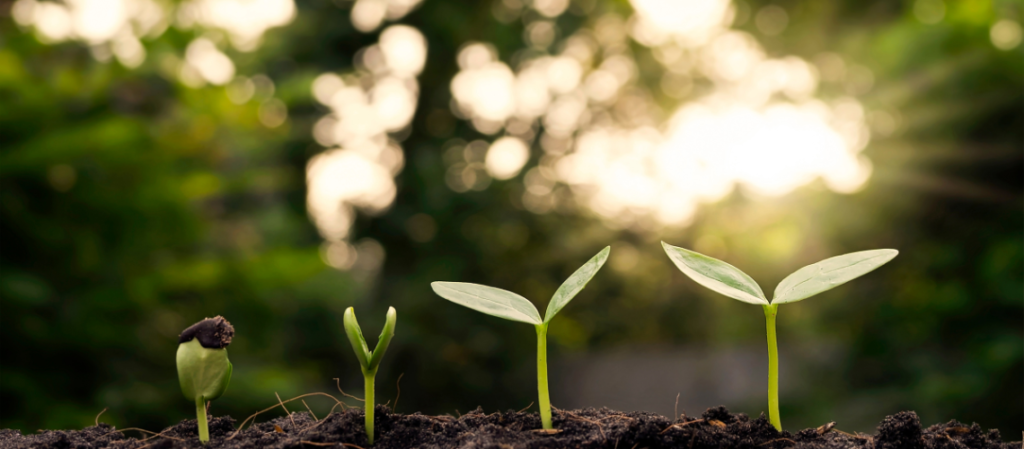In a significant step towards a greener and more sustainable future, the textile industry in Bangladesh has taken remarkable strides to improve its environmental footprint. Over the past few years, there has been a concerted effort by textile manufacturers, government bodies, and international organizations to address the environmental challenges associated with textile production in the country.
One of the most promising developments is the widespread adoption of eco-friendly textile chemicals and processes. Many textile factories in Bangladesh have transitioned to using sustainable and non-toxic chemicals in their production processes. These chemicals not only reduce the environmental impact but also prioritize the health and safety of the workers involved in the industry.
Additionally, there has been a growing emphasis on wastewater treatment and recycling within the textile sector. Innovative technologies and wastewater treatment plants have been implemented to ensure that the water used in textile production is treated and reused, significantly reducing the strain on local water resources and minimizing pollution.
Moreover, Bangladesh’s textile industry has been actively engaging with global sustainability initiatives, such as the Sustainable Apparel Coalition (SAC) and the Better Cotton Initiative (BCI), to promote responsible sourcing and sustainable practices throughout the supply chain. This commitment to sustainability has not only enhanced the country’s reputation in the global textile market but also attracted more environmentally conscious consumers and partners.
Government regulations and policies have played a crucial role in promoting sustainability within the textile sector. Stringent environmental standards and incentives for green practices have encouraged manufacturers to invest in sustainable technologies and processes.
Overall, these collective efforts have not only improved the environmental sustainability of Bangladesh’s textile industry but have also contributed to a better quality of life for the communities surrounding these factories. With a shared commitment to sustainability, Bangladesh’s textile sector is on track to become a shining example of how industry and environmental responsibility can go hand in hand, bringing hope for a more sustainable and prosperous future.

